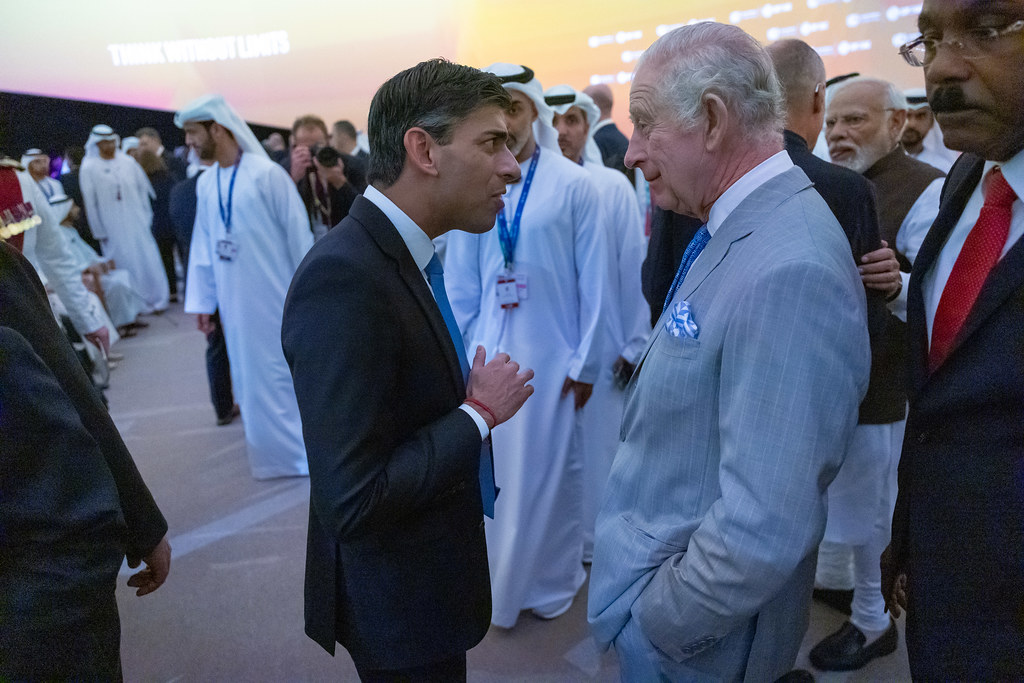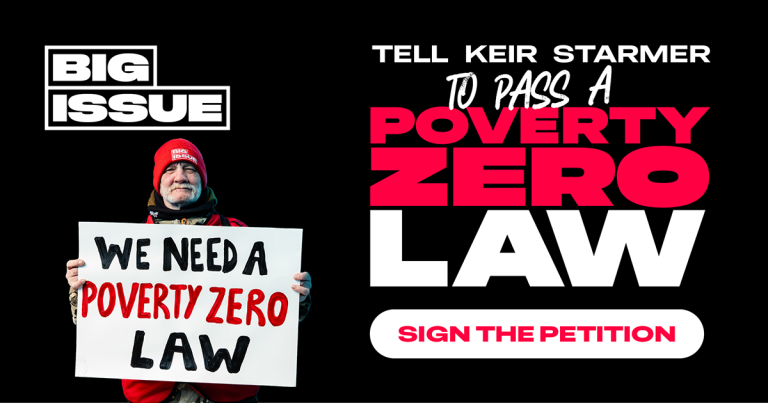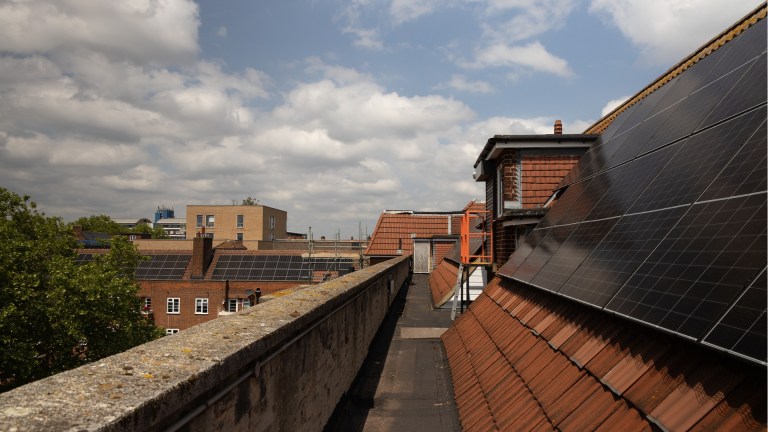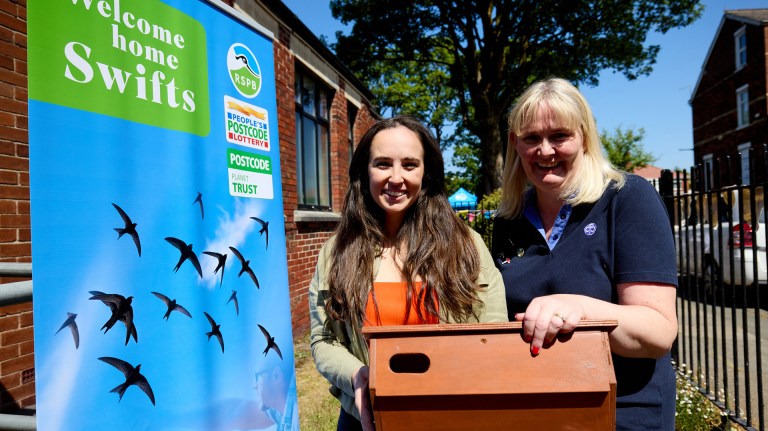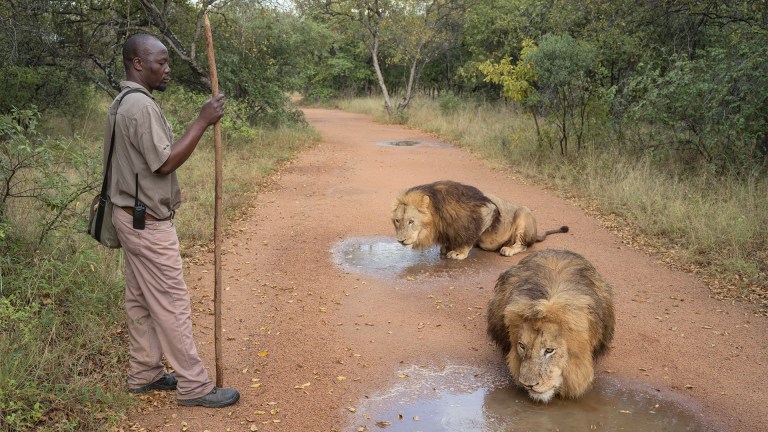The Conference of the Parties (COP) comprises all 197 countries that signed up to the UN’s first climate treaty in 1992, pledging to tackle “dangerous interference with the climate”.
The summit has the membership of every country in the world, and previous COP meetings have set records for the largest gatherings of world leaders in history.
The first COP meeting was held in Berlin, Germany in March 1995. This year the event will run from 11-22 November 2024.
What were the outcomes of COP28?
One of the most significant promises of last year’s COP summit was to issue the world’s first ‘global stocktake’ in an attempt to keep the global temperature limit of 1.5°C within reach.
The global stocktake is a process for countries and stakeholders to see where they’re collectively making progress towards meeting the goals of the Paris Climate Change Agreement – and where they’re not.
It will now take place every five years and is an attempt to close the mitigation gap between the promises of the Paris Agreement and the current trajectory of climate policies.
Advertising helps fund Big Issue’s mission to end poverty
There was also a second replenishment of funding to The Green Climate Fund (GCF), totalling £10.08 billion.
However, while COP28 had some positive aspects, the overall outcome was marred by compromises – most notably on the destructive climate impacts of militaries and wars.
There was no mention of emissions caused by military forces, and no commitments were made by governments to reduce the emissions from their militaries and military activities.
In the same vein, the COP28 Declaration on Climate, Relief, Recovery, and Peace was seen as a positive step, but it lacked specificity.
Concerns were also raised by PICs and developing countries toward the decision to have the Loss and Damage Fund administered by the World Bank, with a fee of 24%.
They had advocated for an independent fund, citing doubts about the World Bank’s environmental credentials, lack of transparency, and the potential for the fund to effectively reach the most affected communities.
Advertising helps fund Big Issue’s mission to end poverty
Lastly, these same countries were unsatisfied with the total pledges of the new Loss and Damage Fund – a combined total of just over $700m (£556m) promised by the wealthy countries most responsible for the cliimate emergency.
Despite the initial promise of a new Loss and Damage Fund and contributions from some major emitters, the total was far below the £314bn needed.
Where is COP29 going to be held?
In November, the summit will head to Azerbaijan, as the UN’s five regional groups take it in turns to host COP – this year, it’s Eastern Europe’s turn.
The decision to choose Azerbaijan came as a result of fraught tensions in the region – Russia had blocked countries in the EU, while Azerbaijan and Armenia were blocking one another’s bids.
Eventually, Armenia retracted their bid and Azerbaijan was selected, backed by unanimous support from the rest of Eastern Europe.
What’s the climate crisis context for this year’s conference?
Two-thirds of global experts are worried about extreme weather events in 2024. Last year was the hottest year in global temperature data records.
Advertising helps fund Big Issue’s mission to end poverty
Biodiversity loss, the collapse of ecosystems, shortages in natural resources, extreme weather, pollution and critical changes to Earth systems – all represent some of the top 10 most severe risks perceived to be faced over the next decade.
Annual average air temperatures were the warmest on record, or close to the warmest, over sizeable parts of all ocean basins and almost all continents.
But despite this urgency, political leaders are continuing to ignore the glaring issues facing the planet.
In November, Rishi Sunak confirmed plans to grant new North Sea oil and gas licences every year – sparking outrage from environmentalists who say it undermines any efforts to reach net zero.
Why is it controversial that COP29 will be in Azerbaijan?
Gas production is set to boost by a third over the next decade in Azerbaijan.
Fossil fuel companies are forecast to extract 411 bcm of Azeri gas over the next 10 years. This would emit 781 million tonnes of carbon dioxide – more than two times the annual carbon emissions of the UK.
Advertising helps fund Big Issue’s mission to end poverty
Their top foreign gas investors include BP, TotalEnergies and Iran’s national oil company, as well as Lukoil – Russia’s largest private oil and gas producer.
These companies are on track to spend some £13.2bn on their Azeri fossil gas operations over the next 10 years, according to Global Witness analysis of Rystad Energy data.
Eastern Europe and Western Asia – where Azerbaijan lies – is an area that economically depends on fossil fuels, and companies are forecast to spend £32.5bn on the country’s gas fields. This fund would cover the cost of installing more than 1,170 offshore wind turbines.
Protestors are also raising concerns over Azerbaijan’s repressive regime, where political corruption is rampant. There has been an expansive crackdown on civil liberties in recent years, and independent activism is not permitted.
Despite this, Ursula von der Leyen, president of the European Commission, signed a pact with Azerbaijan’s dictator Ilham Aliyev, last year, to double the country’s gas exports to the EU by 2027.
This agreement is an attempt to curb Europe’s reliance on Russian gas exports. However, Lukoil, a Russian multinational energy corporation, is Azerbaijan’s third largest gas producer. The company has contributed billions to Russia’s state finances, which are funding the war in Ukraine.
Advertising helps fund Big Issue’s mission to end poverty
Dominic Eagleton, senior campaigner at Global Witness, accused this decision of being all fur coat and no knickers, saying, “Drug dealers don’t fix drug addictions, and petrostates won’t fix the climate crisis.”
“As we hurtle towards climate collapse, we’re now being asked to put our future in the hands of Azerbaijan, a petrostate that’s propped up by oil supermajors and is massively increasing its gas production.
“We need climate policymaking to be run by climate leaders, not countries with a vested interest in keeping the world hooked on oil and gas.”
What do the outcomes need to be for COP29?
The agenda for COP29 is by no means set in stone this far in advance, but there are some recurring topics that are sure to be highlighted in November this year.
The next two years are critical for effective climate action. At COP29, it is vital that governments work toward a new finance goal for climate action that reflects the growing urgency of the climate challenge.
There is also a call for a stronger framework for monitoring, reporting and verification of countries’ climate actions which has the potential to dominate the discourse at COP29 – especially in light of Azerbaijan’s overt double-dealing.
Advertising helps fund Big Issue’s mission to end poverty
Another key focus of COP29 will be asking wealthier member countries to put their money where their mouth is – by supporting climate action in less wealthy nations. The sum total is no mean feat, as COP29 look to mobilise £78.6bn annually by 2025 to mitigate growing climate threats.
This money is not likely to come from the UK however, as a leaked memo in July revealed that the government is drawing up plans to drop their flagship £11.6bn climate and nature funding pledge.
Overall, this year’s summit serves as a means to platform sustainable development – including pushing for stronger determined contributions from key member states. Whether or not this will actually be fruitful remains to be seen.
